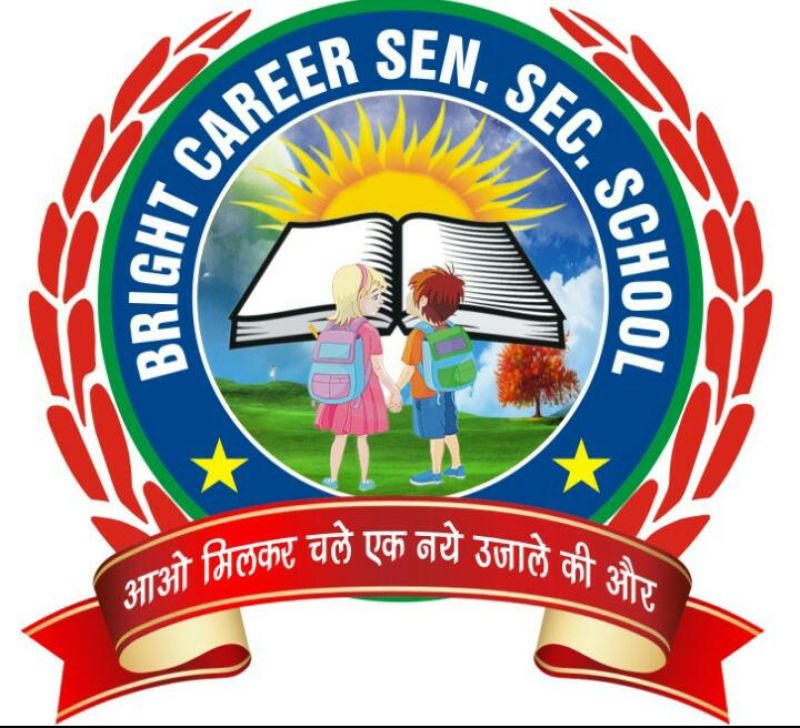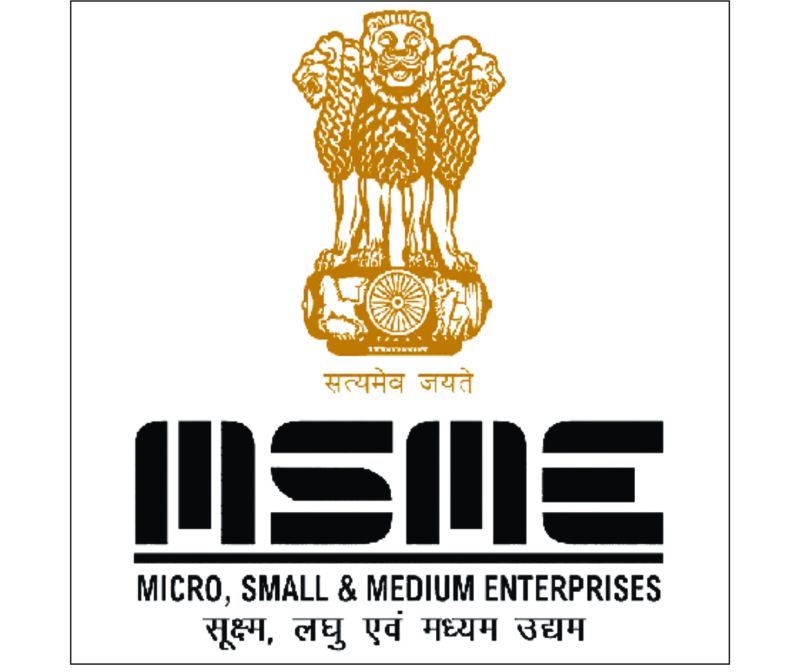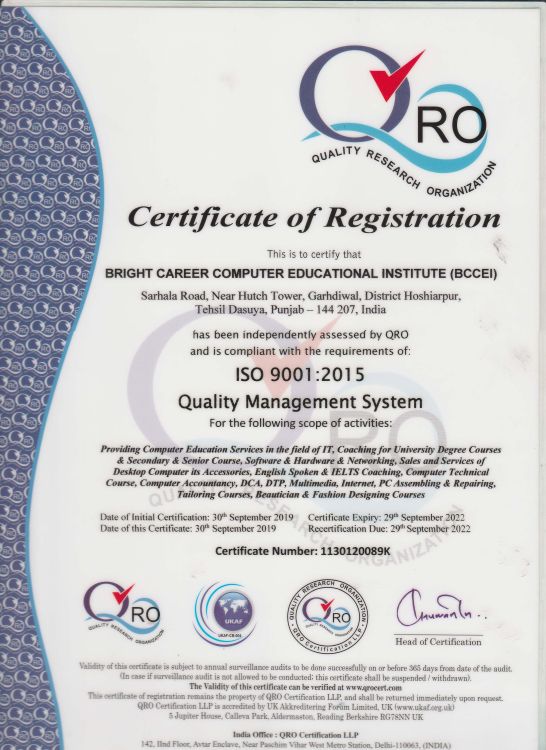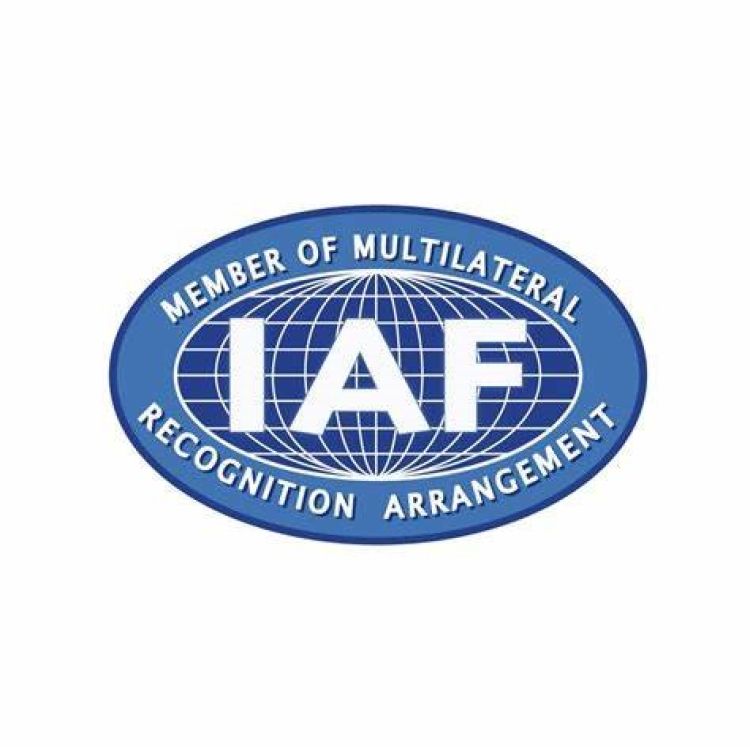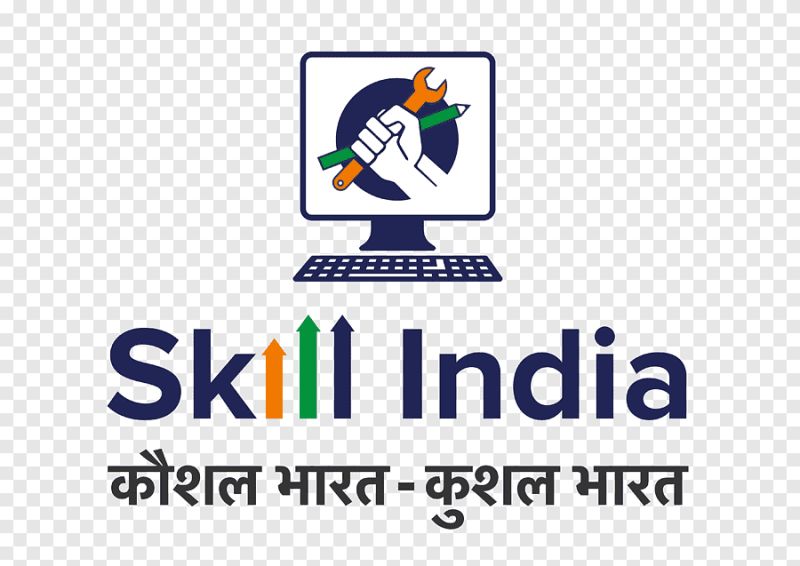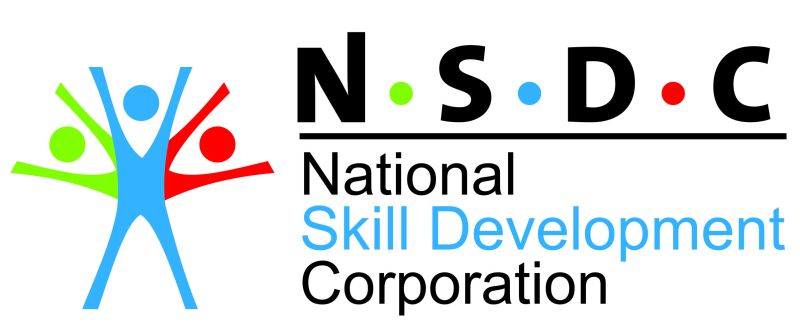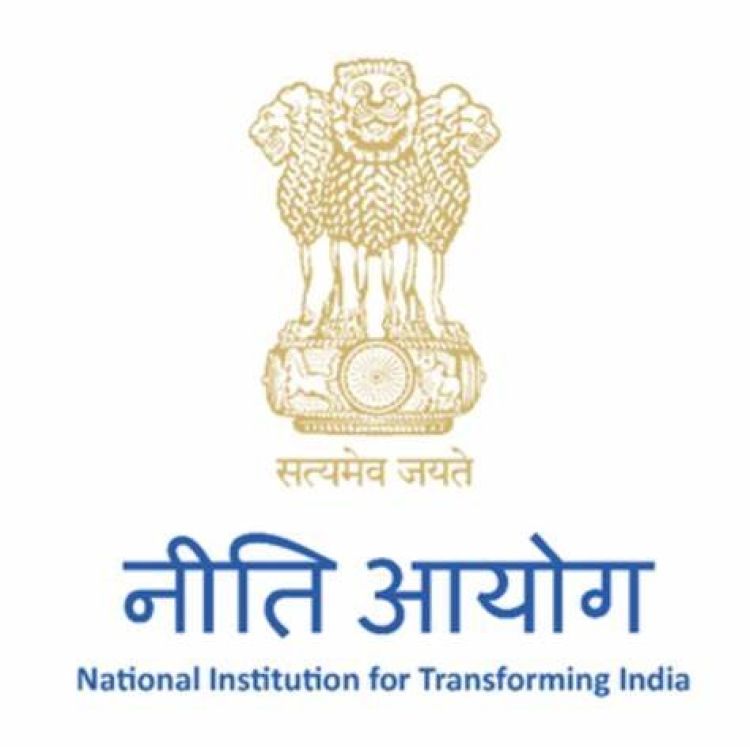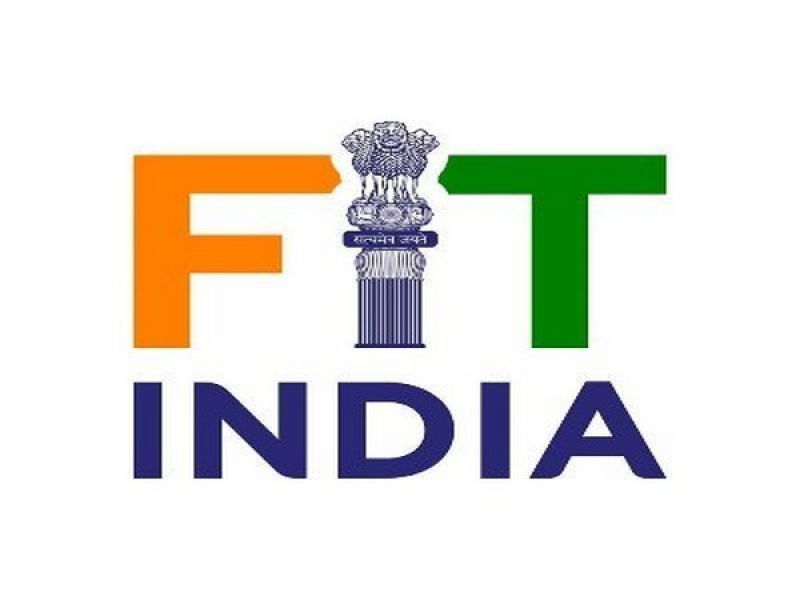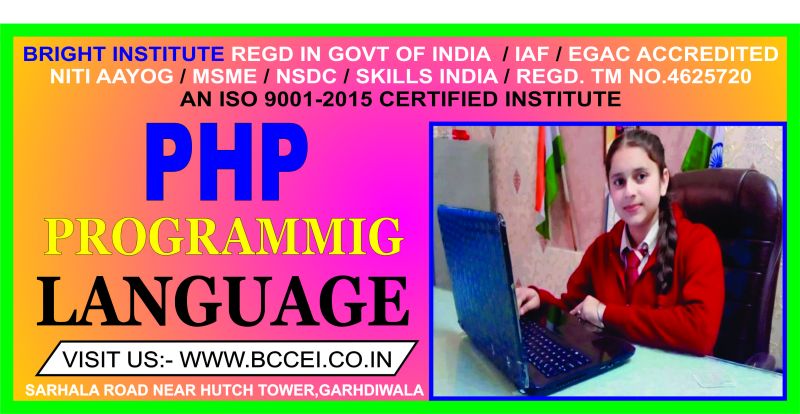
CERTIFICATE IN PHP LANGUAGE COURSE
DURATION: 3 to 6 Months
Course Overview:-
Php means Hypertext Preprocessor which is a programming language that is very similar to C programming but has a few small differences such as instead of creating a code string, the code can be written and saved as a file rather using curly brackets. The specialty of PHP is that it is very versatile and flexible. It is almost the same as if it was a C++/ Object-Oriented Language, making it a very convenient language to work with.
Benefits:
· One of the biggest benefits of PHP is it is open-source, which means it is readily used and absolutely free to sue. This makes it an excellent programming language for specialists to implement cutting-edge open source development solutions.
· PHP is also preferred for the fact that it is cost-effective in nature. As it is open-source it is free of cost.
· It is the quality that allows your application or website to grow as the traffic increase.
Eligibility Criteria:
· You must have completed secondary education, i.e. 10+2 or equivalent (preferably in the any stream) from a Recognized Board.
Jobs Profile:
Software Developer, System Engineer, Python Developer, Php Web Developer, Database Administrator, Php Developer, Web Developer, Computer Programmer etc.
Course Syllabus:-
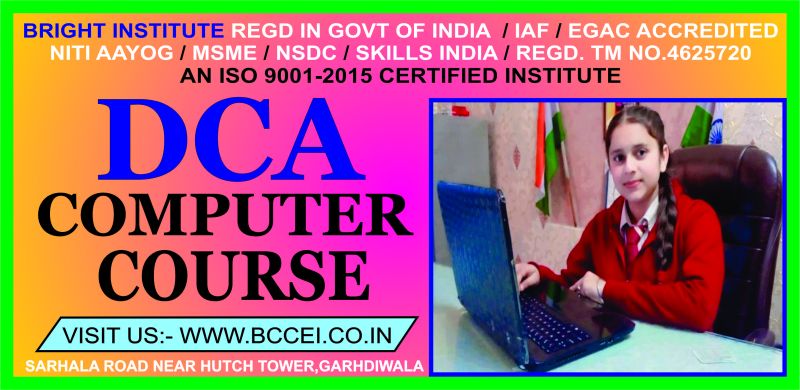
Course Code : M-DCA-800

Course Code : S-DATAENTRY-803

Course Code : S-PHP-804
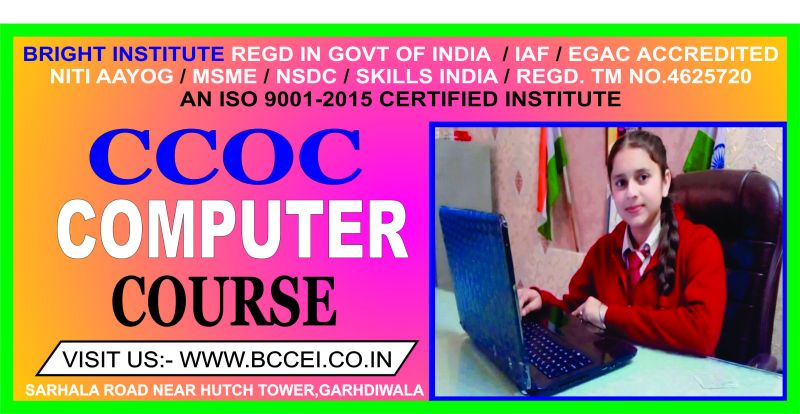
Course Code : M-CCOC-801
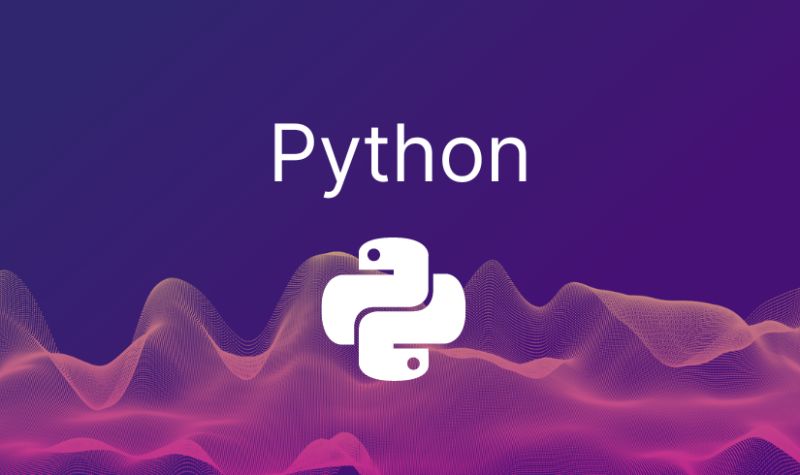
Course Code : S-PYTHON-811

Course Code : S-PYTHON-811
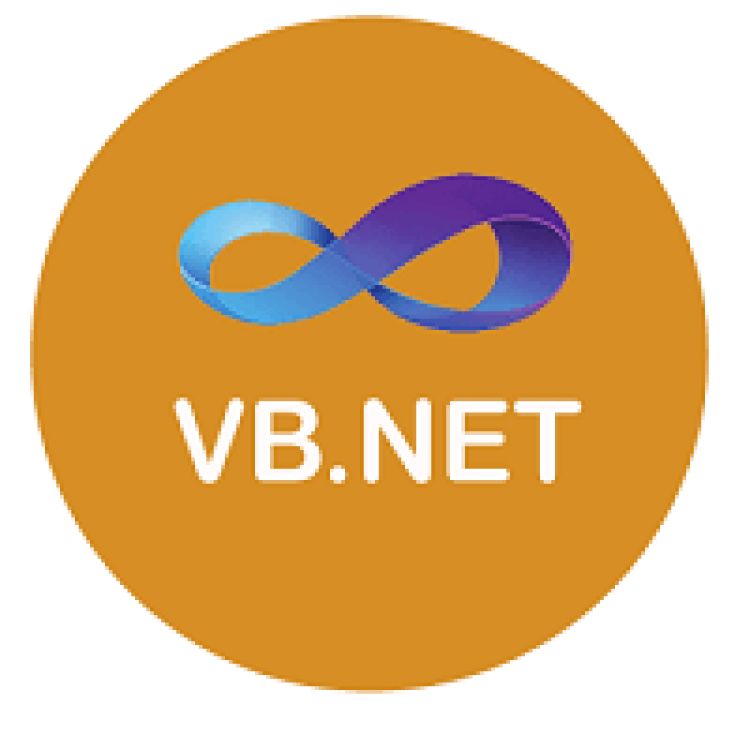
Course Code : S-VB.NET-805
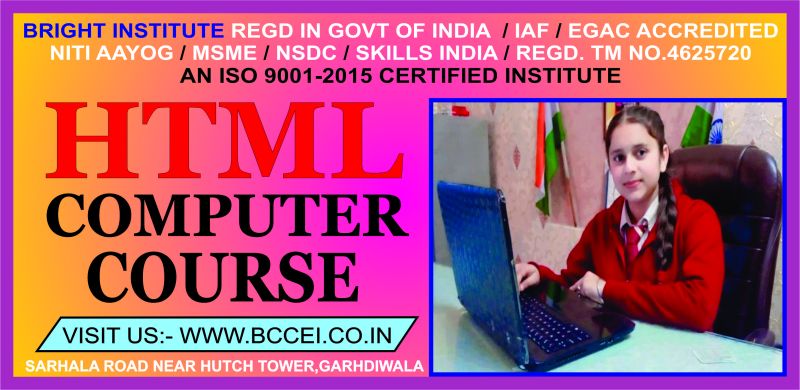
Course Code : S-HTML-806
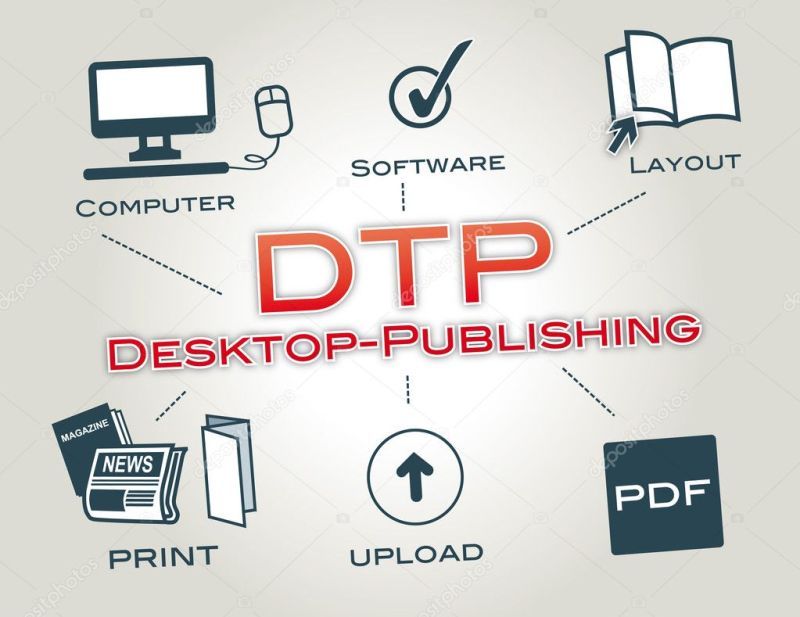
Course Code : S-DTP-807
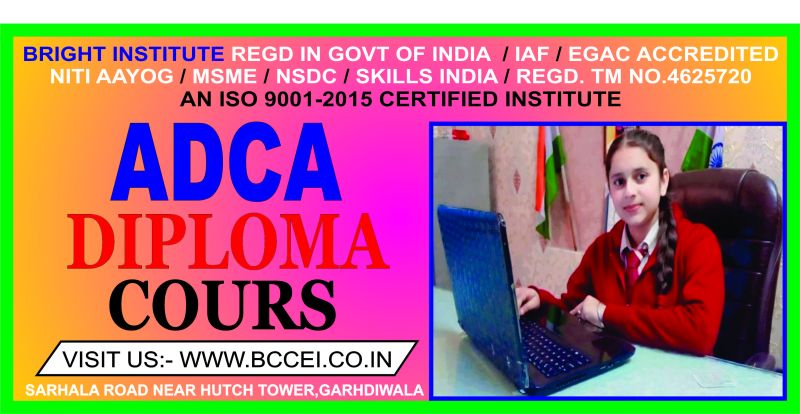
Course Code : M-ADCA-807
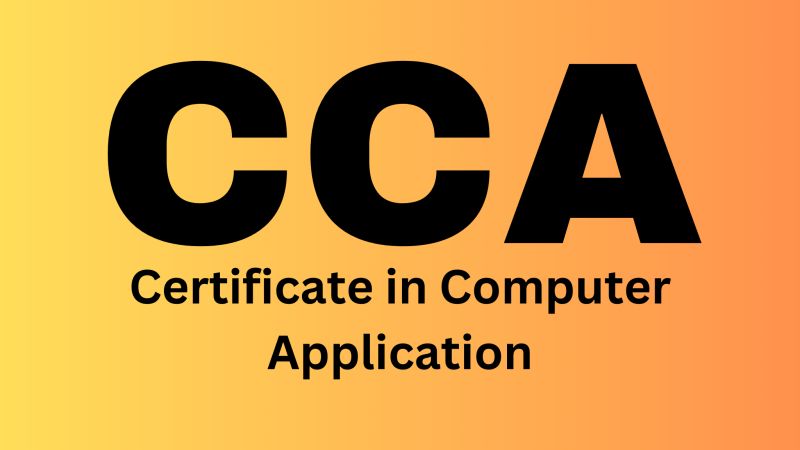
Course Code : M-CCA-808
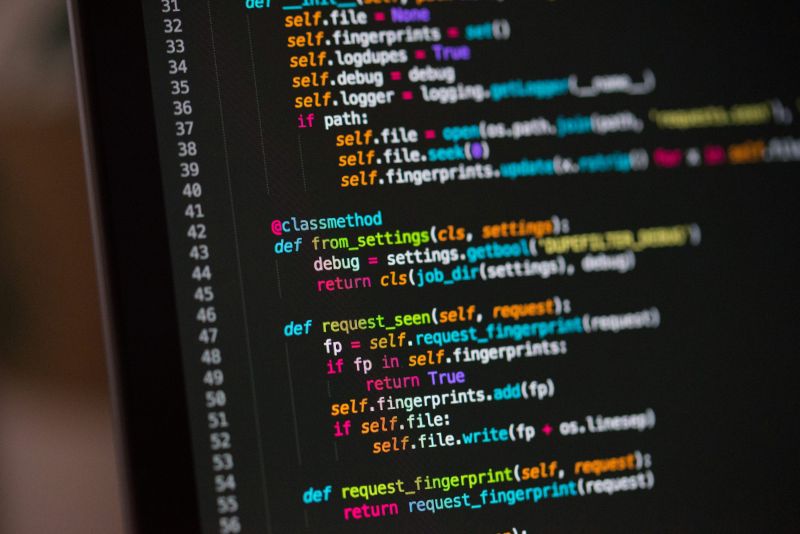
Course Code : M-CCP-809
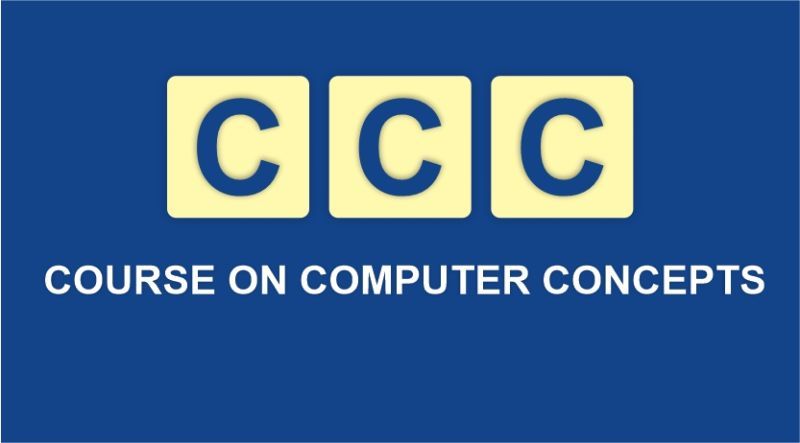
Course Code : M-CCC-810

Course Code : M-CCA-808
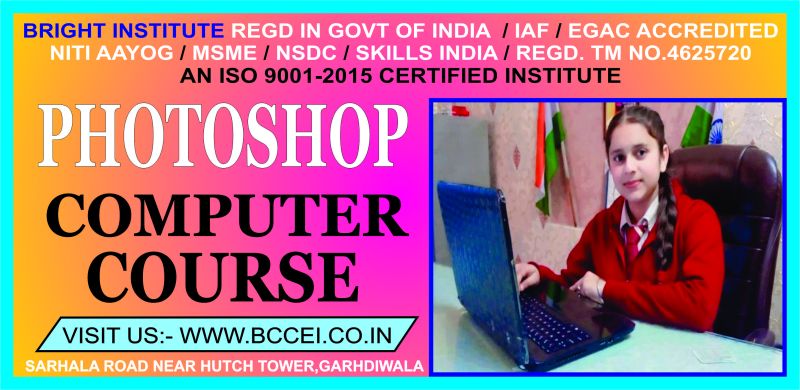
Course Code : S-PHOTOSHOP-812
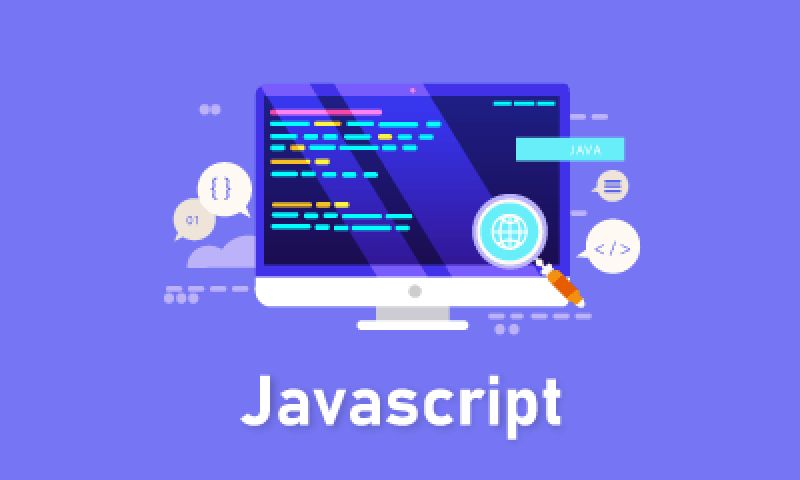
Course Code : S-JAVASCRIPT-814
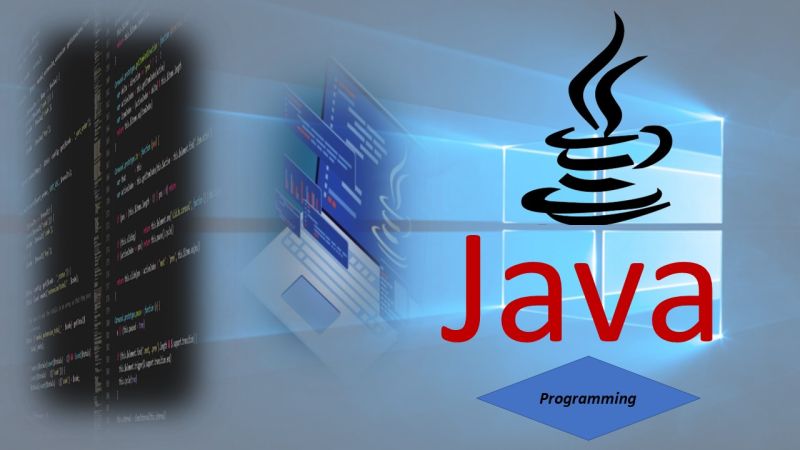
Course Code : S-JAVA-813
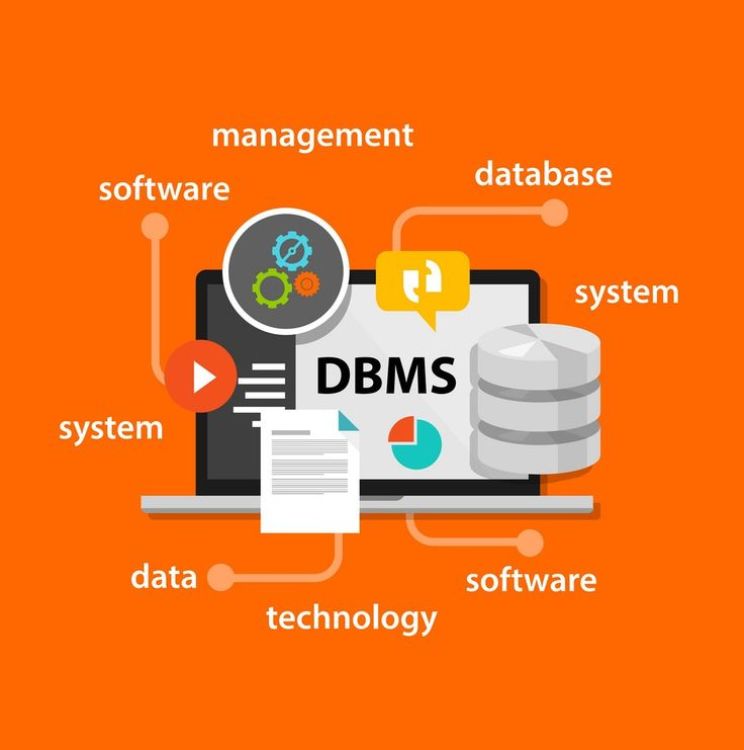
Course Code : S-DBMS-815
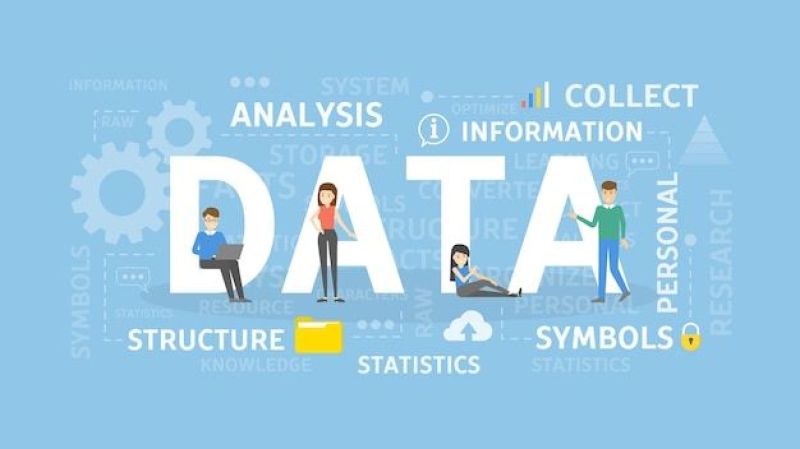
Course Code : S-DATASTRUCTURE-816
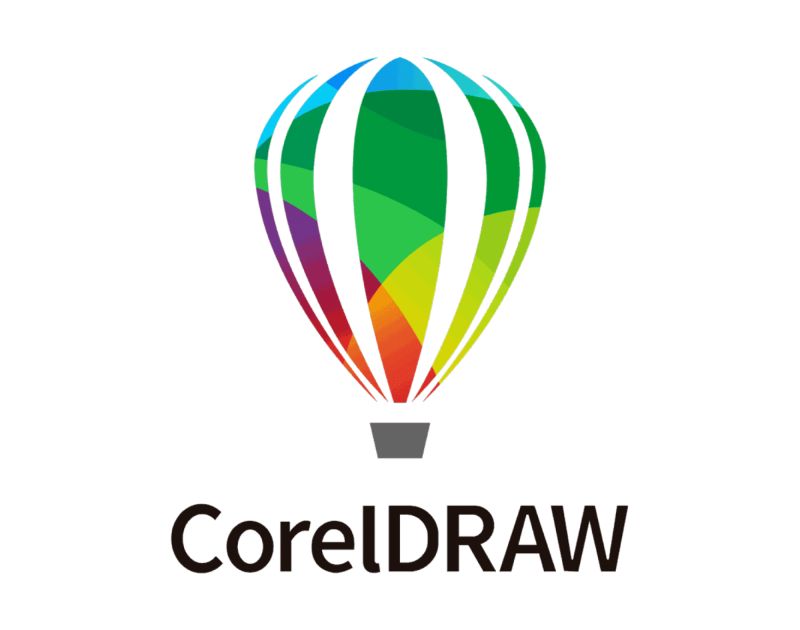
Course Code : S-CORELDRAW-817
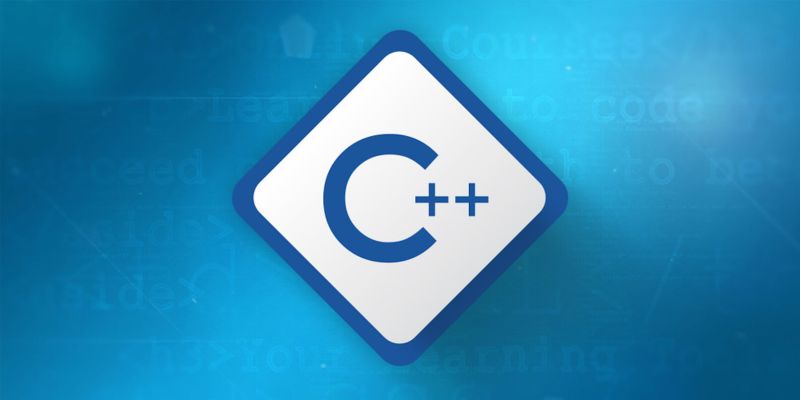
Course Code : S-C++LANGUAGE-820

Course Code : S-C# LANGUAGE-818
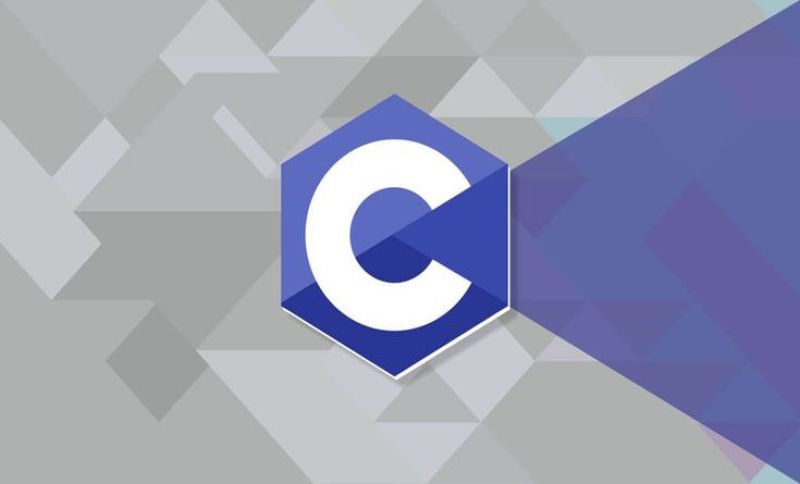
Course Code : S-C LANGUAGE-819
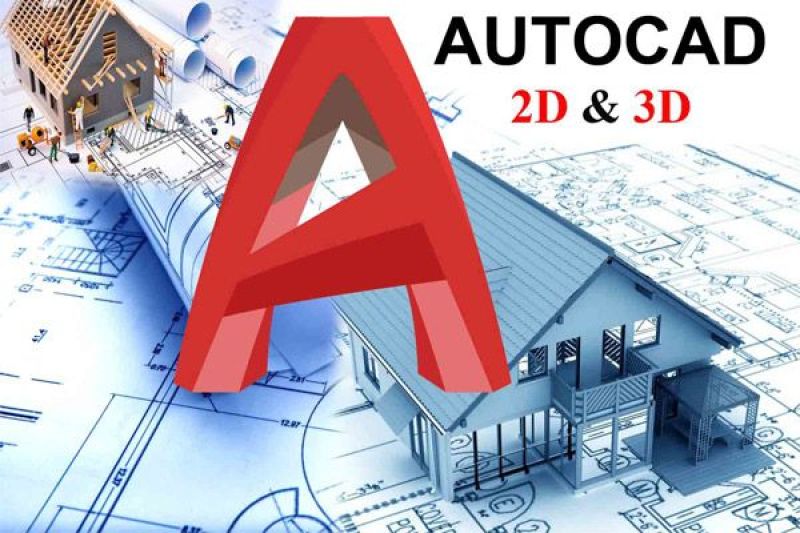
Course Code : S-AUTOCAD-821

Course Code : M-120 HOURS-822

Course Code : M-CCP-823
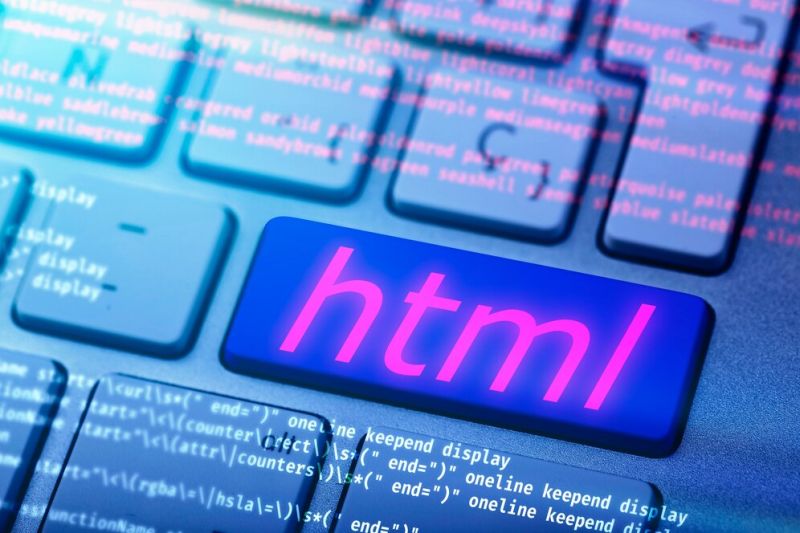
Course Code : S-WEB HTML-825
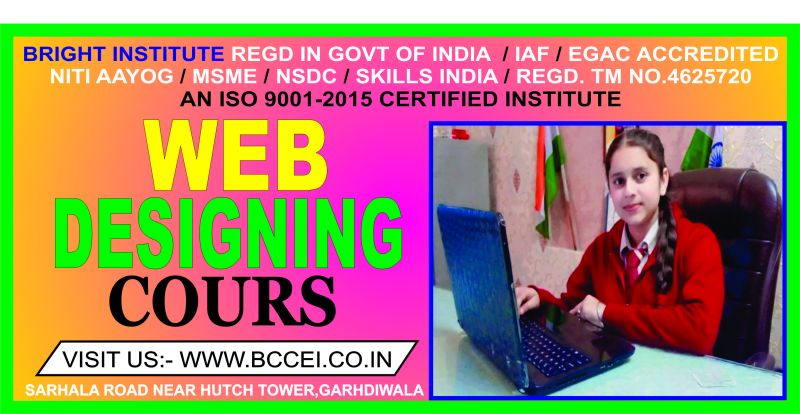
Course Code : S-WEB HTML-826
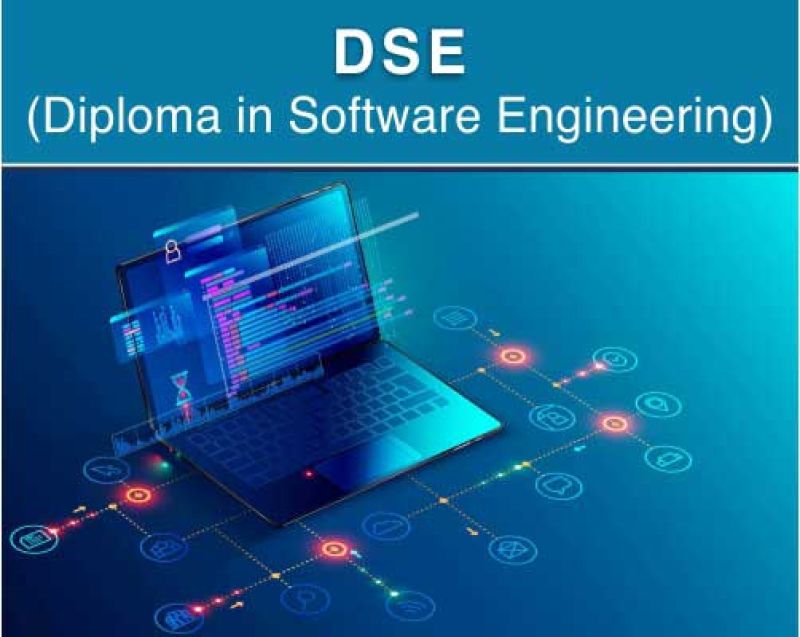
Course Code : M-DSE-825
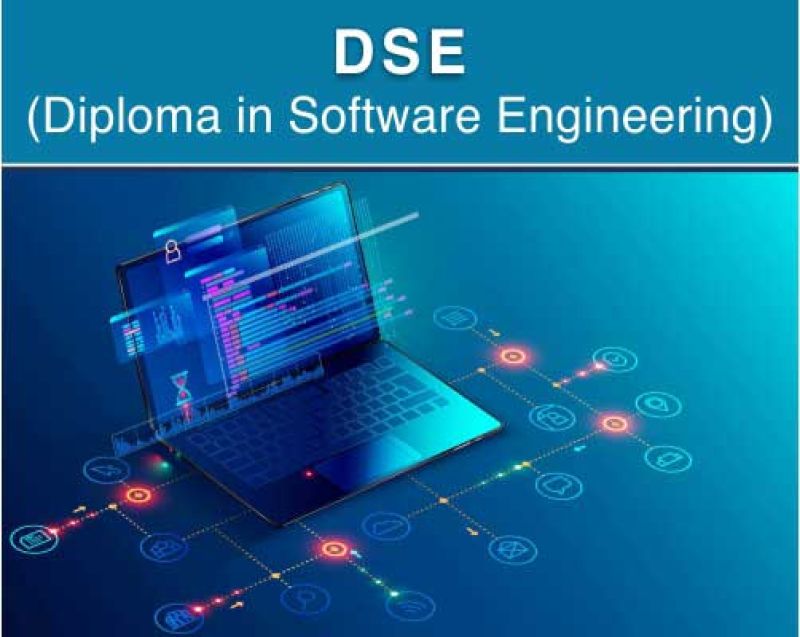
Course Code : M-DSE-826
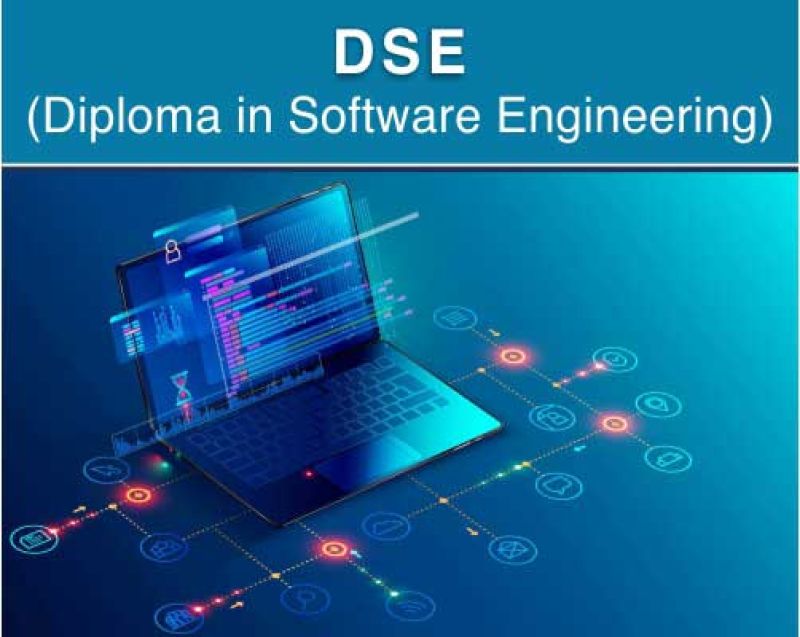
Course Code : M-DSE-827

Course Code : M-M-829

Course Code : TFA-830

Course Code : TFA-830

Course Code : M-M-CCC+-812
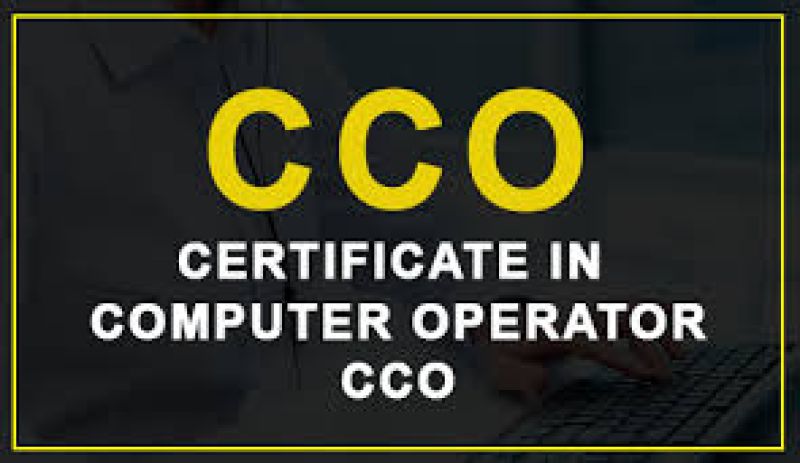
Course Code : M-M-CCO-802

Course Code : M-M-180-HOURS-870
_58980599_logo.jpg)
